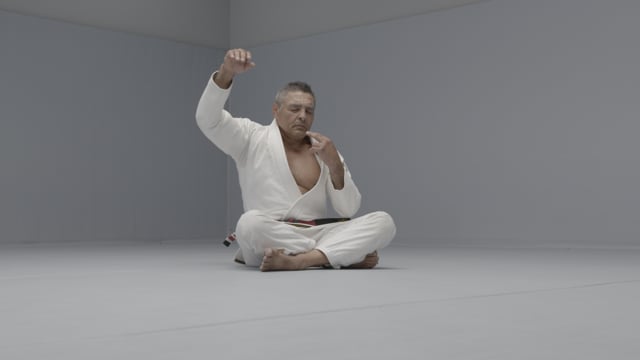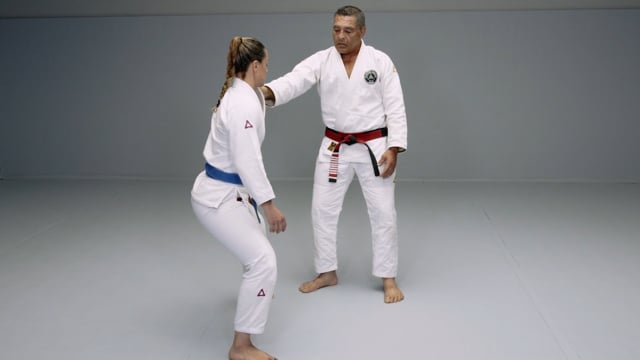Why do we, human beings, lose it? What leads a person to attack another, on the street or on the red carpet?
“Hulk syndrome,” as medicine calls the condition of having of a short fuse, occurs when the episodes of fury are recurring, two to three times a week. But more common are momentary explosions, caused not by a disorder that must be addressed, but due to pure and simple stress. An explosion which, nevertheless, can ruin a life or a reputation.
In the book “Homo Ferox: The origins of human violence and what to do to beat it,” the Brazilian author Reinaldo José Lopes investigates why our species occasionally trades slaps—or worse. In three years of research, he pursued a wide range of clues in areas like culture, psychology, evolutionary biology and economy.
One of his crystal-clear conclusions: yes, men lose it much more often than women.
"I often say that the world's problem is man, and that is among the most central things about this question," says Lopes. "We evolved into this competition among members of the male sex, for prestige, for social position, for wealth and, ultimately, a competition for sexual access. Those were times where it didn't occur to any troglodyte to ask a young lady whether she wanted to be with him or with the other cave's ogre. That shaped the human psychology of violence. Nowadays, everything's changed. For example, a man with more children won't have more political power, as used to happen."
According to the data in the book, most of the cases of violence throughout time don't come from war or conflicts between nations, but from so-called unintelligences. That is, fights without important causes, such as petty arguments, matters of love, and rivalries between football fans. Cases of grave violence, and often easily avoidable.
Explosions of violence and a lack of taking a deep breath date from very far back. According to archeological findings, brutal acts have been taking place since at least ten thousand years ago, when mortal remains of victims were left—including that of a pregnant woman—on the shore of Lake Turkana, between Kenya and Ethiopia. Probably a massacre for fertile land or possessions.
And, ten thousand years on, what have we been doing not to hate our neighbor?
Education, laws, self-knowledge and breathing techniques help.
But the main thing is for the individual to continue to free themselves from the desire to get justice by their own hands. Before laws and courts, attacking those who threatened us was not only justified, but a matter of survival. "Today, however, it only serves as fuel for a fight during a Sunday lunch—and it feeds impulses to come to blows," writes Lopes.
"When there was no effective state-run arbitration for conflicts, that was useful in some way. Today, there are much more effective mechanisms than seeking justice with one's own hands, but the instinct remains there [in the mind] and in order to tame it, we need lots of effort, education, respect to the laws," he says. "Human beings continue to adapt, and the psychologic, hormonal and biological impulses that were installed on our brain software are still there."
The fact that a slap between showbiz colleagues shocked so many, therefore, is proof that the world, despite all the wars, is headed toward a less violent future.
How about you? Can you take a breath and free yourself from your wrath when some douchebag does something inexplicable? If not, it's time to get to know good old Brazilian jiu-jitsu.
&t=13s&ab_channel=HansOliveira


Comments
Thank you for this!!
Powerful presentation!👍🏿💯